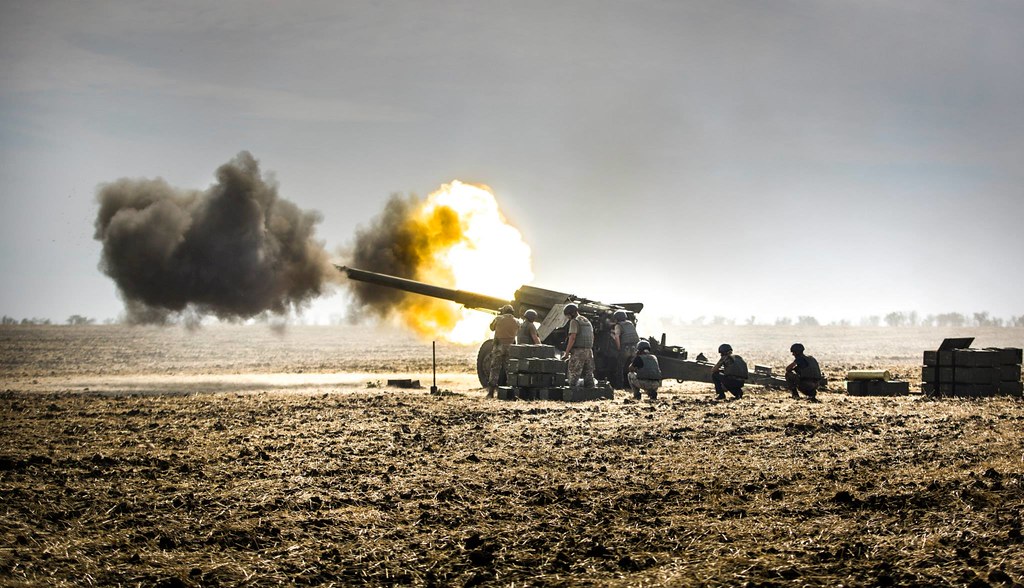The problems of the media field are most clearly seen in moments of crisis. But of course, it is better not to have a crisis in your country and not let the problems be so obvious. However, observations can be made based on the course of the crisis, which is far from our country but that has possible effects.
The Russian-Ukrainian conflict today is one of those crises that allows us to consider the vulnerable parts of our media field. Let us consider a few important points.
a. Lack of choice of information sources of the parties to the conflict
Imagine for a second that any foreign media or even an influential social media user wrote about hostilities during the Artsakh war. What opinion would we form about such an information source?
It is understandable, is it not, that at least we would consider it unprofessional? And it is more probable that we would blame it on sales. It would be more strange if the topics related to Armenia or Artsakh were covered based on the materials published in the Azerbaijani press.
And now let’s look at the Armenian news. Many issues related to the Russian-Ukrainian conflict are often covered based only on the materials of Russian news agencies.
Taking into consideration that both sides are in an active information war throughout the conflict, it becomes clear that in order to provide more or less objective information to Armenian society, it is necessary to use the sources of both sides.
Otherwise, we will most likely fall victim to one-sided propaganda. Especially at this time, when it is really difficult to understand what is happening. Only a combination of versatile sources can allow us to get closer to the real facts.
This problem also arises because limited news sources are often monitored. There are also language issues that cause journalists to find information in English or other languages online in the language they speak.
And often it is only Russian, at best without a dictionary.
As a result, for example, the news from the French press can reach us from the Russian translation of its English translation. Which has already been distorted by the active soldiers of the Russian or Ukrainian information front.
b․ Use of unreliable sources
One of the biggest problems today is working with sources. Sometimes no distinction is made between the provider of this or that information.
And all of a sudden you see that the Armenian news is being filled with references, for example, to a Telegram Channel, which spread obvious misinformation during the Artsakh war. For a journalist, such a source should already be noted as unreliable.
But lo and behold that no. They readily quote and spread it.
c․ Expert deception
In Armenia, as it is known, a person can become an expert in any field in one day. You do not need a diploma for that.
All you need to do is allow the press to work. Journalists will call an easy and calm person an expert and will spread his opinion. And in a few days, that person can give a press conference. We have similar problems with foreign-speaking heads.
Almost anyone will be called an expert and be introduced to the information field.
For example, in the news item related to the Russian-Ukrainian conflict, one can find Armenian materials, where Igor Korotchenko expresses his authoritative opinion, sorry for my expression. One, when invoking his name in respectable families, should apologize profusely several times. A person who (we know very well from his thoughts on the Artsakh issue) can refute the laws of fundamental physics for a few manats. And now he has become an expert who teaches us life lessons about Ukraine from the pages of our press.
It is possible to still continue like this. But it’s too late, the Olympics are over, as I write this. And the situation can already change qualitatively.
Samvel Martirosyan







